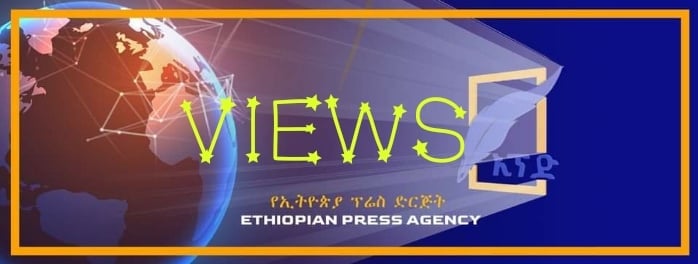
BY SOLOMON ABEDOM TESFAMICAEL and the Nordic Team
In the past few years, the Minister of Education (MoE) in Ethiopia has been engaged in preparing an Ethiopian Education Development Roadmap. This work has been started years ago but in the past two or three years, the process has been intensified. Now, this roadmap of education is going to be implemented in 2014 as a pilot phase. For that, the curriculum and syllabus have been prepared mainly by the five Centers of Excellence (CoEs): Addis Ababa University (AAU), Bahir Dar University (BDU), Hawassa University (HU), Jimma University (JU), and Mekele University (MU) (at the beginning).
BDU has been given the responsibility to coordinate the curriculum preparation. Around 200 scholars are involved in the preparation, according to H.E. Dr. Ing. Getahun Mekuria, Minister of MoE. Further, in this summer of 2013, textbooks are being prepared. Each region prepares textbooks for grades 1-8. While the textbook for grades 9-12 is being prepared by the federal government, the coordination role is given to HU. These textbooks are expected to be available digitally.
The process of preparing the education road map, curriculum, syllabus, and textbooks has involved many stakeholders, but mainly the scholars in the country which is good by itself. As they say “ያገሩን ሰርዶ በአገሩ በሬ!” However, how this process involved the wider diaspora who are found in the wide world is not yet clear. It will be a boost to the process if the scholars in the diaspora provide constructive feedback in an organized way, not just negative and destructive feedback. Especially, if the implementation is going to be piloted in 2014, any constructive input from the diaspora could have been beneficial to the country.
This is indeed in line with what the former African Union Permanent Representative to the United States, Dr. Arikana Chihombori-Quao once passionately reiterated. She said that Africa’s main problem is capacity, in the context of sustainable development goals (SDG), and she argued the African diaspora can contribute to filling this gap. In her words, “ for true change to come to Africa, it has to be brought by the Africans” and she encouraged the diaspora to be involved actively to bring about the change Africans deserve to see and have been waiting for long. In that sense, involving the hitherto untapped potential and expertise within the Ethiopian diaspora in the process of developing the education system in the country should be regarded as a necessity rather than a luxury.
Developing educational curricula is a matter that needs to be handled with utmost care and responsibility and the importance of investing adequate time, expertise and resources without haste can’t be emphasized enough. The decision taken by the MoE to consider the school year 2014 E.C. as a pilot year is somehow smart.
This is indeed a unique opportunity for the diaspora to engage itself actively and constructively in the process of nation building. The exposures and experiences the learned diaspora community have acquired across the globe can be utilized if appropriate platforms are created. It also opens up a great opportunity for the diaspora to put a lasting footprint in shaping future generations in their home country. The MoE should take this call seriously and invite the diaspora for its invaluable input in this collective effort. The diaspora agency within the ministry of foreign affairs can help to facilitate the process. The different forms of associations, organizations, and groupings of the diaspora in North America, Europe, Australia, and other places can take this opportunity to accept the call and contribute in a meaningful way.
Dr. Solomon Abedom Tesfamicael is Associate Professor at NTNU, Trondheim, Norway
The Ethiopian Herald September 11/2021




